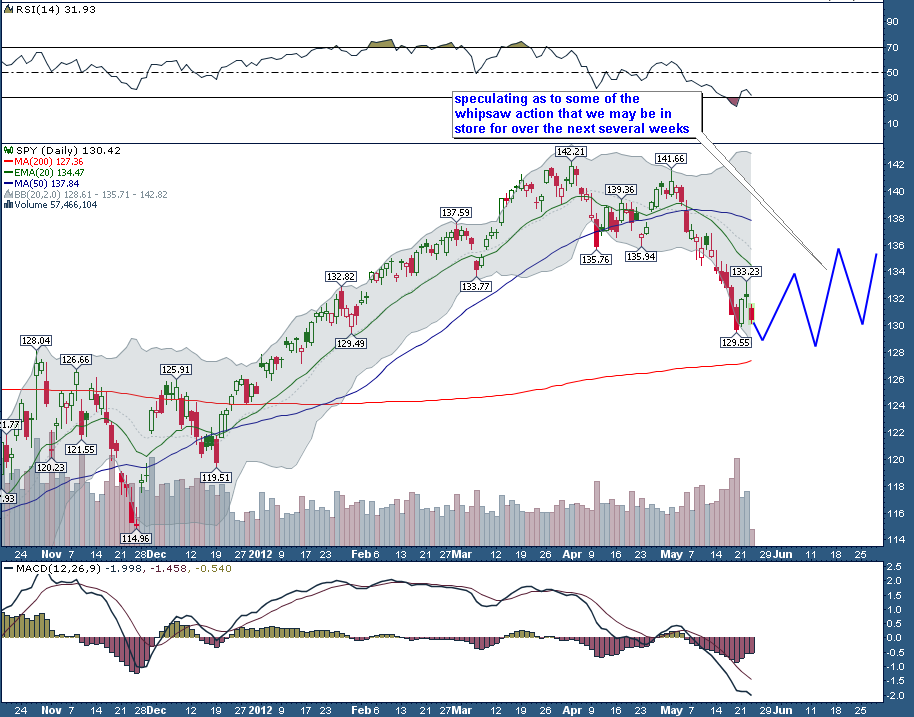Higher taxes, protecting wealth and healthcare costs are among investors’ biggest concerns right now.
In the latest installment of Covestor Radio, Kimberly Clouse discusses the things that are keeping investors up at night.
Clouse, Covestor’s Chief Client Advocate and Advisory Board Chair, was recently interviewed by Eric Dye of the Entrepreneur Podcast Network. Below is an edited transcript of the interview (the podcast audio is also available at the end of this blog post):
Eric Dye: Today we’re talking about typical attitudes of U.S. investors, specifically those considered to be mass affluent.
Kimberly Clouse: I’ve been working with families on their personal investments for over 15 years. And through the years clients have often asked me: Am I typical? Are my concerns similar to other people like me? Each year, Spectrem conducts online interviews with affluent households across the U.S. and the most recent report I saw was jointly sponsored by Spectrem and Vanguard. For today’s show I thought it would be most relevant to focus on the mass affluent, but there is also a lot of data available on millionaire households and ultra high net worth households. For today’s show we’ll focus on the mass affluent.
The survey results cover 1,500 mass affluent households, and it’s a research study that was conducted over a yearlong period from the fourth quarter of 2012 through the third quarter of 2013.
Eric Dye: How is mass affluent defined?
Kimberly Clouse: What Spectrem does is look at three wealth segments that exclude the value of someone’s primary residence. So these are investable assets. Mass affluent is $100,000 to $1 million of investable assets. Millionaires are $1 million to $5 million of net worth. Ultra high net worth is over $5 million up to $25 million.
Eric Dye: What are the general characteristics of the mass affluent households?
Kimberly Clouse: According to the study there are more than 28 million mass affluent investors in the U.S., and the typical mass affluent investor is 58 years old and 51% of the group is still working fulltime. Which makes sense because retirement ages are going up, so about half of this group is still working. The top occupations are educator (15%), manager (13%) and healthcare (10%).
Eric Dye: What are the primary concerns of the mass affluent?
Kimberly Clouse: The No. 1 concern is maintaining their current financial position. In fact, 70% of the survey respondents cited this as their top concern. Another primary concern is the financial situation of their children and grandchildren, cited by 58%. Then the data gets interesting to me. Of the top seven concerns of this group, five are all healthcare-related. These include health of the spouse, their own health, a family health catastrophe, the possibility of spending final years in a care facility, and needing someone to care for them in old age. This, to me, is so telling. Even mass affluent families are very concerned about healthcare uncertainty and changes in healthcare policy.
Eric Dye: Do mass affluent investors work with financial advisers?
Kimberly Clouse: There are two different angles here, or ways to get a feel for that behavior. One is the number of mass affluent investors who work with advisers. And the other way is to look at the percentage of the investor’s assets that the adviser controls. On the first metric, over 70% of mass affluent investors use a financial adviser. That figure is actually higher than I expected … On the second metric, which is the amount of assets that mass affluent investors control without professional help, it’s pretty substantial … Mass affluent investors control 55% of their assets on their own with no professional help. So what this tells you is that many mass affluent investors are using advisers, but they’re using advisers for a relatively small percentage of their assets.
Eric Dye: What do mass affluent investors generally think about their financial situations?
Kimberly Clouse: The way the survey tackled this was by asking if respondents agreed with certain statements. They were asked if their financial situation had improved from last year, and more people said yes than in 2012, with 48% agreeing, up from 37% in 2012. Yet, the mass affluent are not feeling very optimistic about their financial future. In 2012, nearly half of them said they felt that their financial situation would be stronger a year later. In 2013, the figure declined to 40%. So we’re seeing a change there.
Eric Dye: Any other thoughts on mass affluent investors?
Kimberly Clouse: The Spectrem/Vanguard survey revealed that like all investors, the mass affluent are worried about tax increases and their implications. About 75% identified this as a key issue. From my perspective, I think investors should focus on what they can control and influence. You can’t control tax legislation or tax rates. What you can do is understand how tax laws impact your financial situation. Work with your adviser and accountant to implement a tax strategy to help minimize the tax impact. You’ll drive yourself crazy trying to control things you just can’t control.
Clouse’s full interview on Covestor Radio is embedded below:
DISCLAIMER: The information in this material is not intended to be personalized financial advice and should not be solely relied on for making financial decisions. All investments involve risk, the amount of which may vary significantly. Past performance is no guarantee of future results.





